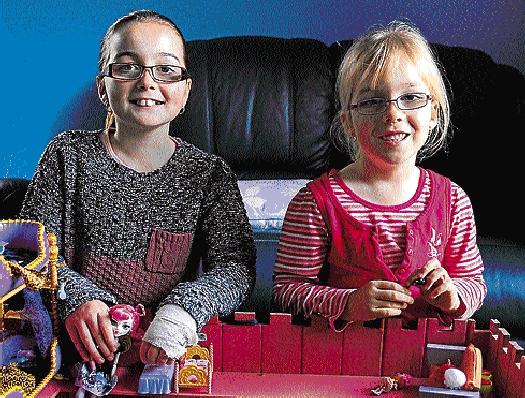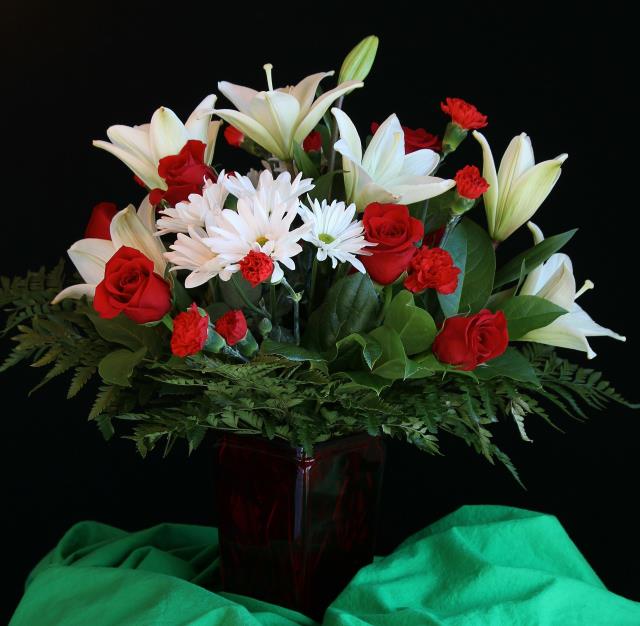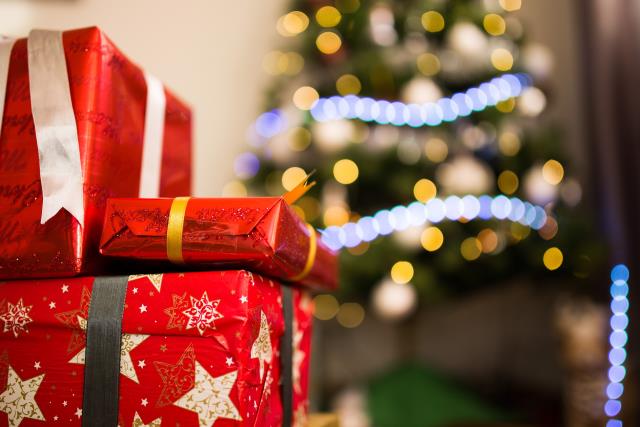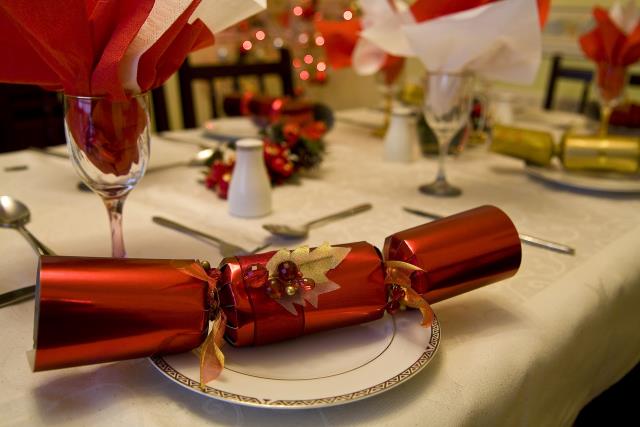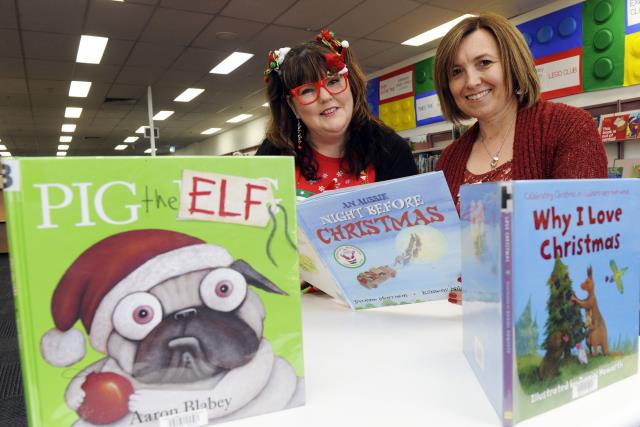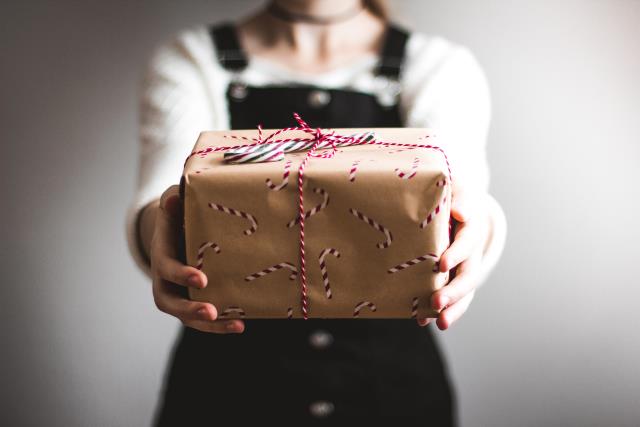IT WAS the last line, “I want to know why noone cares … why don’t I matter?” that stirred a reaction from Victorian deputy opposition leader Gavin Jennings.
When Ehlers-Danlos Syndrome Awareness Month passed in May with little fanfare, Caroline Springs resident Maddison Parker, 9, began emailing people in high places.
“A week in my life is full of pain,” she wrote.
“It doesn’t just make my joints pop out, but it affects my balance, my eyes, my heart, tummy, skin and even my blood. It is a really painful thing to have.”
Winter is the worst season for Maddison and her sister Kayla. The cold compounds the chronic pain caused by Ehlers-Danlos syndrome – a condition that leaves their joints so loose they dislocate daily.
The sisters sleep in special gel beds, wake up to a 20-minute sauna to raise their core heat, and wear orthotic braces when walking in order to protect their ankles.
Even relaxing proves painful for the girls.
Australia’s only connective tissue dysplasia clinic is based in NSW, but Maddison’s email has sparked a campaign for a centre in Melbourne.
Mr Jennings said he had spoken with specialists and would learn more to help find a way in which services could be better supported.
While Ehlers-Danlos syndrome is very rare, Mr Jennings said a specialist clinic could treat a range of tissue and muscle weakness conditions.
“We need a sense of the dimension of current services for people like Maddy and Kayla, how they’re organised across the state, and how they could be improved in future,” he said.
“I’m keen to progress this all further as it’s an issue for government to confront.”
Simon Parker, the girls’ father, hoped Mr Jennings could help Victoria secure a service like the NSW clinic, which was unable to accept interstate patients due to high demand.
“They do intensive, two-week, live-in courses and families take back home tools and exercises,” Mr Parker said.
“We’ve just built a new, you-beaut children’s hospital in Melbourne and there doesn’t seem to be a place in it for these sorts of things.”
Mr Parker said his daughters had always showed resilience.
“I go to work every morning knowing the girls are in pain as I leave, more pain than anyone should have to cope with. But I still get a smile, a hug and a kiss.”

